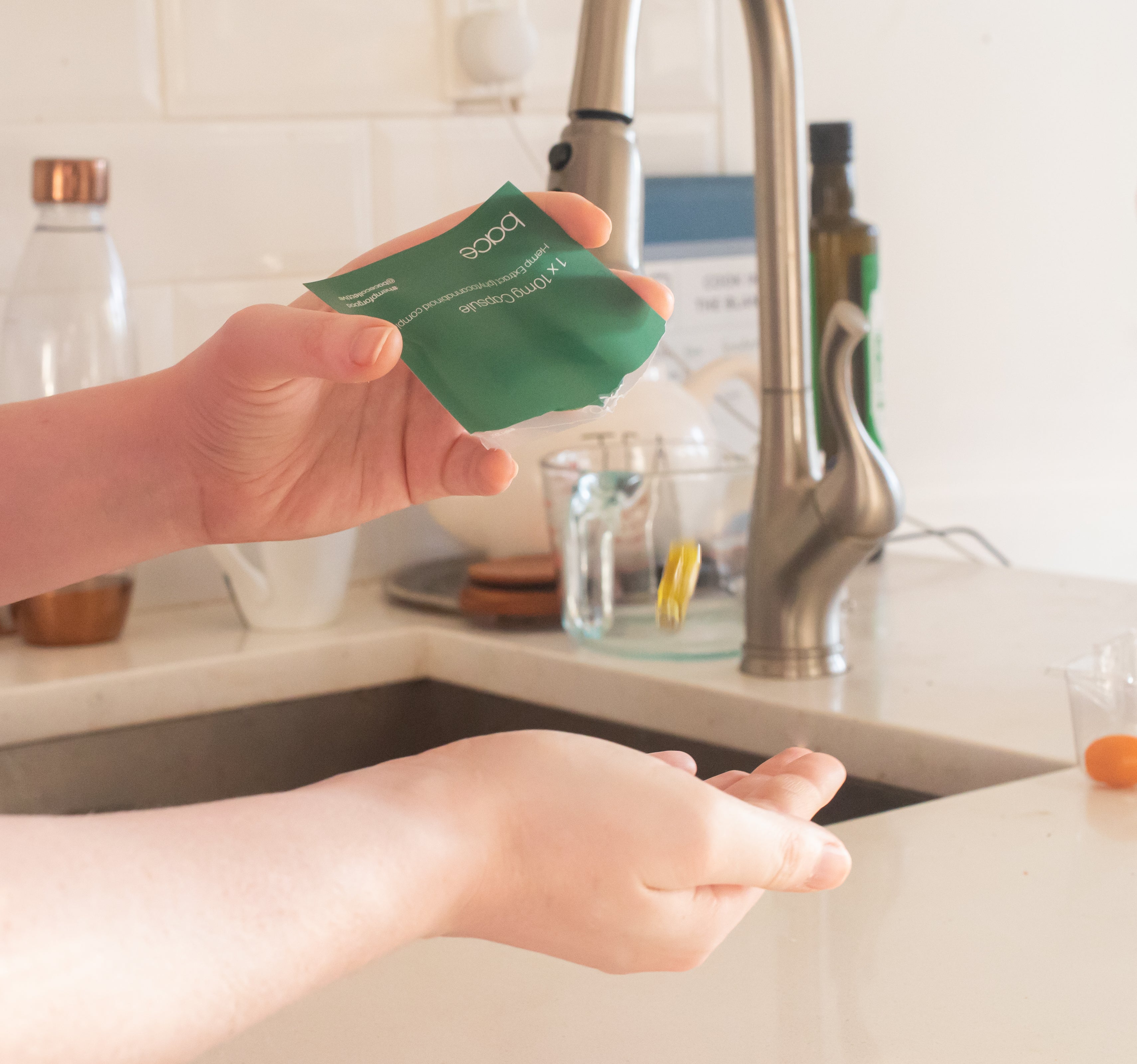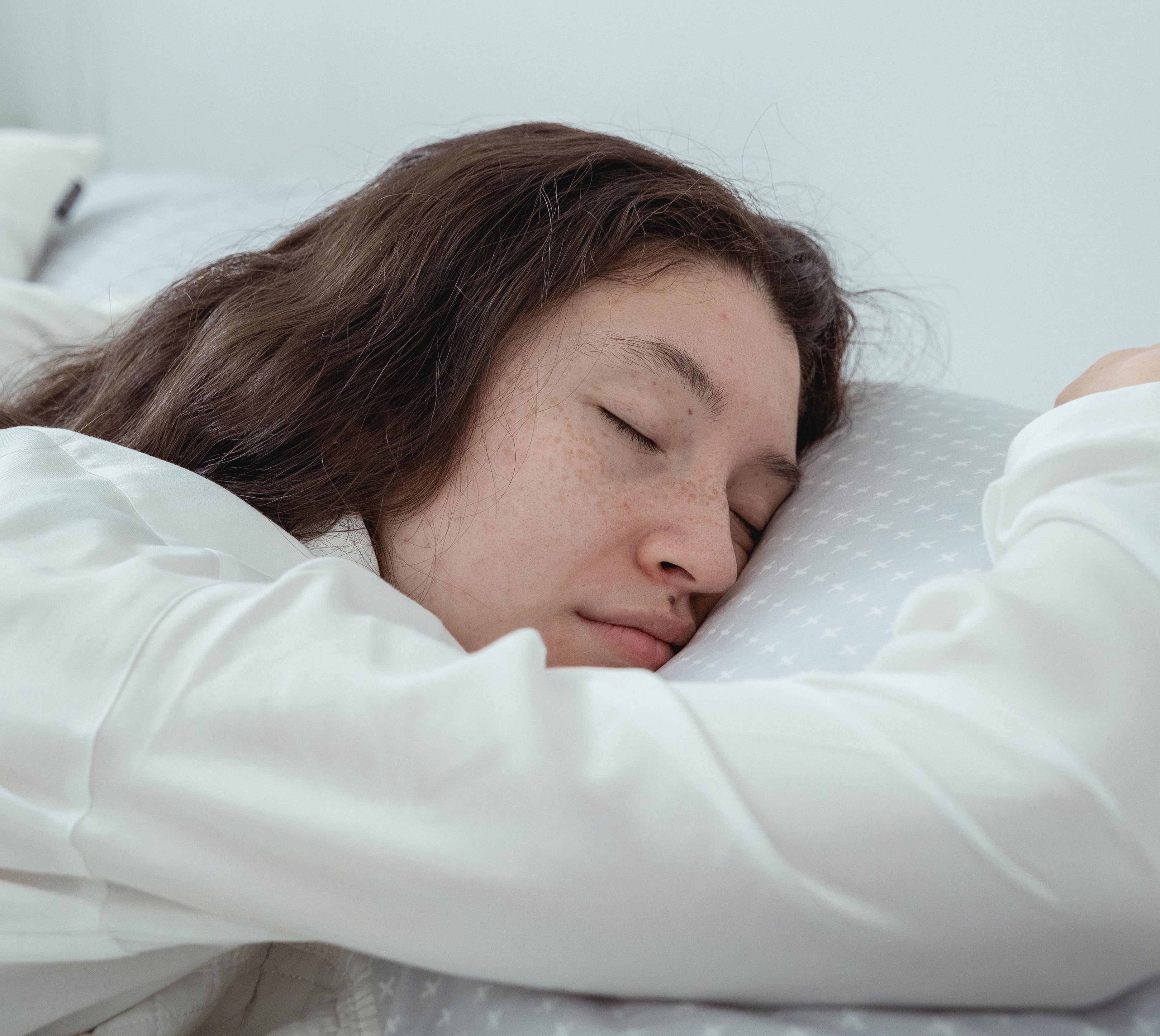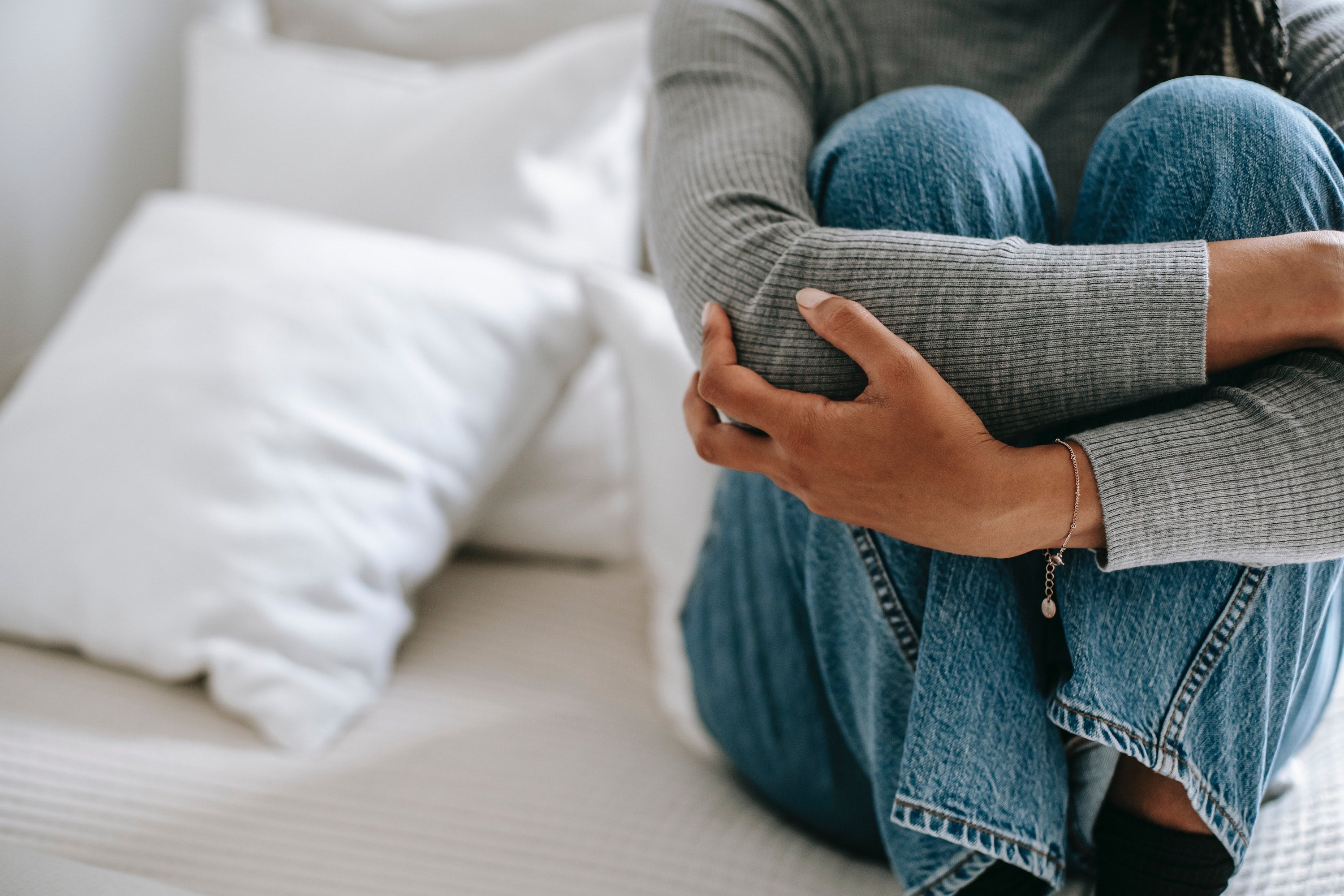When to Take CBD for Better Sleep
Edited by Dr. Min An, PharmD, MS., Northeastern University of Pharmacy and University of Maryland School of Pharmacy.
What does wellness mean to most of us? Being able to sleep easily and experience the benefits sleep gives our bodies is a primary source of overall wellness. Regular peaceful sleep increases our productivity, boosts our immune and cardiovascular systems, increases our memory capacity, and even helps prevent weight gain.
Because our physical wellness depends on our ability to get a good night’s sleep, and our sleep routines are often disrupted by stress, anxiety, and even technology, we are constantly on the hunt for ways to help ourselves sleep better and for longer periods of time.
Some people have tried prescription medications but have had strange side effects and behaviors as a result. Others try meditation, stress reduction techniques, and sleep music to try to prepare for restful sleep. Supplements can also be helpful. Many contain melatonin, which is naturally produced by our bodies to regulate our sleep cycles, but low melatonin levels result in poor sleep. Over the counter medications also contain sleep aids like valerian and diphenhydramine.
The newcomer to the group is CBD.
What is CBD?
CBD is an abbreviation for the cannabinoids that are extracted from marijuana plants. Marijuana plants have many uses when they are broken down into their different components. Hemp fibers from marijuana plants are used to make strong fabrics and rope. These plants contain many kinds of cannabinoids that are being tested for use in relieving pain, reducing inflammation, and treating many other physical conditions.
CBD is being sought after because it is natural and is generally safe for consumption. Since it is fat soluble, regular consumption is thought to improve the effectiveness of CBD over time. Overdoses will not cause death according to the World Health Organization, but CBD is not completely without side effects. For example, it can alter the way your body processes medications. The best course of action is to consult your health care provider or pharmacist before use.
Does CBD Contain THC?
The short answer is yes and no. THC, or tetrahydrocannabinol, is the ingredient in marijuana plants that creates the euphoric psychotropic effects. Full spectrum CBD products are legally allowed to contain up to .3 percent of THC. While this is not enough THC to get anyone “high,” it is enough to produce certain physical effects. Isolate and broad-spectrum products contain CBD but no THC.
Full Spectrum CBD and Sleep
Scientific testing regarding the effectiveness of CBD as a sleep aid is lacking, but many users report getting better quality sleep and staying asleep for longer periods of time with the use of CBD oils, tinctures, or capsules. More researchers have looked at the effects of full spectrum CBD on sleep rather than CBD that does not contain THC. A 2017 study called “Cannabis, Cannabinoids, and Sleep: A Review of the Literature” showed that CBD and TCH are the cannabinoids that were most effective at inducing sleep. The study also showed that the entourage effect may be the reason why CBD and THC together promote better sleep.
What is the Entourage Effect?
Preliminary studies hypothesize that CBD is more effective when it is combined with other terpenes and cannabinoids like CBG, CBC, CBDV, and THC that are also found in marijuana plants, as opposed to when CBD is used alone. This means that CBD isolates or broad-spectrum products may not provide all the benefits that full spectrum products can.
To illustrate this, THC on its own is known to produce a sedative effect and can reduce the amount of time it takes for the user to fall asleep. While it doesn’t actually put a person to sleep, it induces a catalepsy-like state during which a person is still and calm and does not respond to outside stimuli. On the other hand, CBD isolated doesn’t put a person to sleep either, but because CBD helps to reduce anxiety and stress, it allows a person to relax so that it can be easier to fall asleep. CBD alone or THC alone may not make someone sleep, but the combination of the two can produce relaxation and catalepsy that will lead to sleep.
What this means for consumers is that a full spectrum CBD product may be more effective overall at achieving the desired results.
Dosage and timing - CBD for sleep
Unfortunately, there aren’t any concrete guidelines for the use of CBD before going to sleep. Some people report that taking CBD about 30 to 60 minutes before trying to sleep works for them, but each person will have different results.
Full-spectrum products contain trace THC (less than .3%). According to Dr. Min An, a cannabis pharmacist, this THC can cause some individuals to experience symptoms of wakefulness if taken too close to when they fall asleep. To combat this, he suggests taking any CBD at least 2 hours before going to bed. Doing so reduces any risk of experiencing wakefulness.
Some fall asleep sooner than others while taking different dosage amounts.
Another problem is that dosage amounts aren’t standardized. Most people find that the process of trial and error helps to define the best dosage amount. Users often try different dosage amounts at different times before finding what works best. The best way to find your dose is to thoughtfully titrate (start low, and go slow by slowly increasing your dose of CBD across 7-14 days).
Like any other supplement or medication, CBD can affect people differently based on their biochemistry, history of cannabinoid use, and other supplements they might be taking. While CBD may be calming for some, there’s a chance that the trace THC found in full-spectrum formulas can cause alertness. To combat the chance of this happening, we suggest that you take full-spectrum CBD at least an hour before going to bed - this gives the cannabinoids time to interact with each other via the entourage effect, and promote relaxation.
Many users have reported seeing favorable results when using CBD to improve their sleeping habits. As with any supplement or medication, it is best to consult a health care provider or pharmacist before use. They may also be able to make helpful suggestions.





